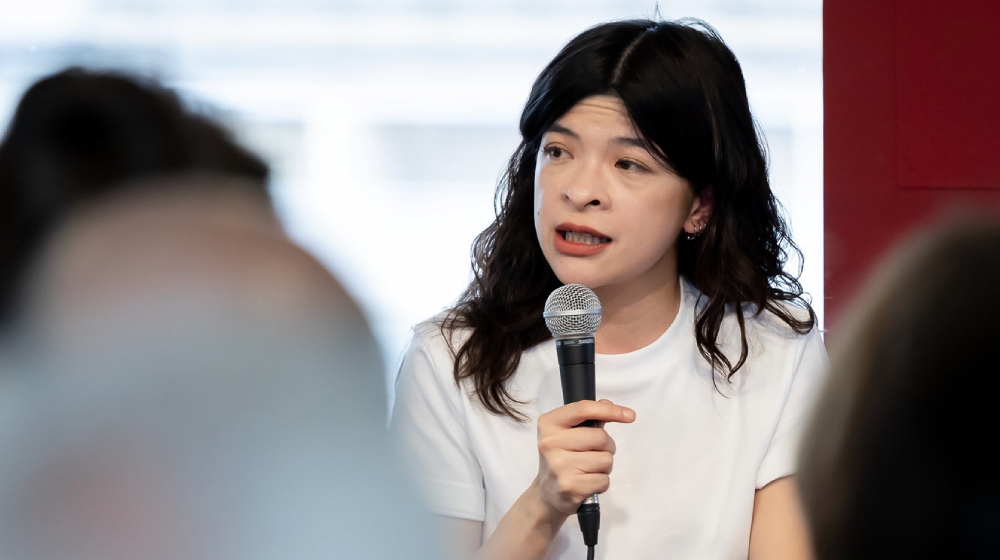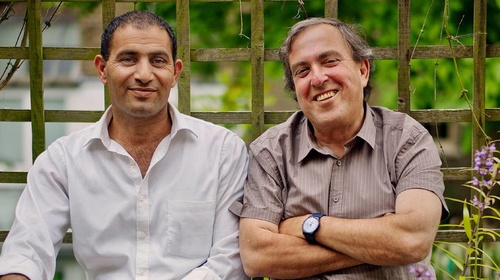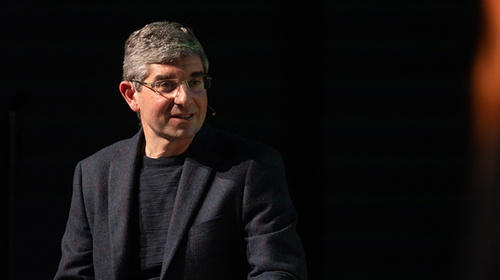Talks for secondary school students
Journalism in Times of Violence
A Morning with Patricia Evangelista
Education
Free with pre-booking
The renowned investigative journalist Patricia Evangelista defends journalism as an act of resistance and memory in societies where violence and abuse of power are everyday occurrences.
In contexts shaken by violence and abuse of power, the task of investigating and reporting becomes an act of resistance but also of high risk. Reporting violence is not only essential to denounce human rights violations, but also to combat impunity and preserve the memory of the victims. But what happens when this work exposes illegal and abusive practices of the institutions that are supposed to protect us? What if the killer is the government itself? How can you report violence on a daily basis when it brings you up against the power of a state and its propaganda, with intimidation and even death threats?
Patricia Evangelista, an internationally recognized investigative journalist, brings together and tells stories from places where violence and trauma have become everyday. For six years, Evangelista conducted a detailed investigation into the killings perpetrated by the Philippine government of Rodrigo Duterte, who systematized the killing of thousands of people under the pretext of the “war on drugs”. For her, documenting and explaining the horror and injustice is an ethical duty. Every investigation is an attempt to understand what happened and to unearth the causes and effects of terrible situations to prevent them from happening again. It is not just about reporting facts; it is an act of resistance, a bridge between individual pain and collective consciousness. In this talk, the journalist will be reflecting on the dangers and the importance of upholding the truth in a context of impunity and extreme violence, and the role of investigative journalism in a world where dangerous discourses are on the rise.
Moderators: Miquel Missé
Participants: Patricia Evangelista
This activity is part of Talks for secondary school students


